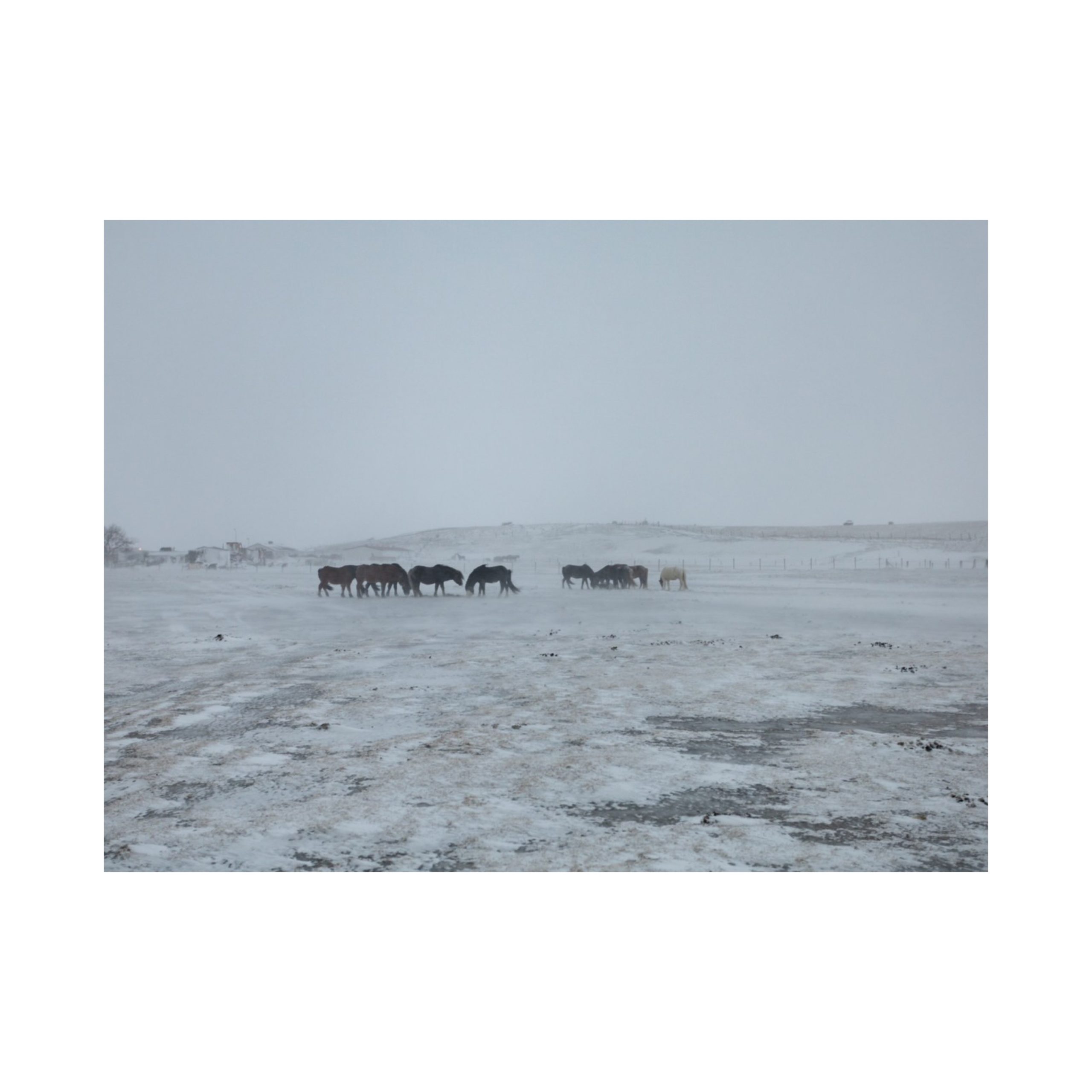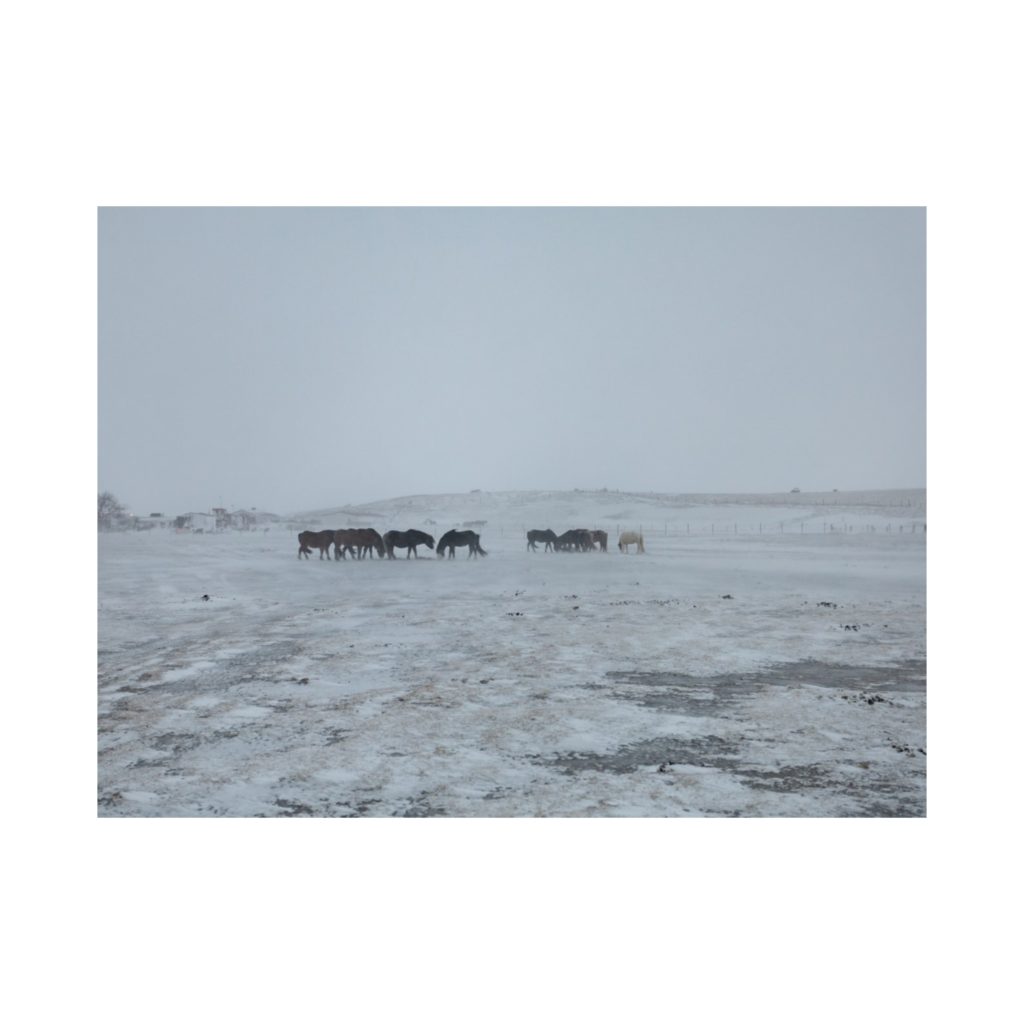

By Matt Heller
Contributing Writer
On the afternoon of March 11, I found myself walking around the small town of Blönduos in north Iceland. I was the only person outside at the time, but some Icelandic horses were braving the elements in their fields. The plan for the day was to drive from the capital city of Reykjavík to Akureyri, where my group would spend the next week. Instead, a blizzard left us stranded in the seaside town when the roads closed.
A mere four days later I was back home. No more snow, fierce winds, and vast, treeless landscapes; a drastic change of scenery.
Since my study abroad program didn’t start until the middle of February, I only spent a month in Iceland and Finland. While that time was full of learning and adventure, it left many unfilled days in the Arctic North. I was only a few days away from my homestay period, where I would have spent three weeks in a small Westfjord village. I would have spent the rest of the semester working on an independent study project at a location of my choice. Instead, the continuation of classes is held online, and the project will have to be adapted.
Would I have been safer in a remote village than I am in Connecticut, which has more confirmed coronavirus cases than the entire county of Iceland? Possibly. However, I am glad to be safe at home with my family during these uncertain times. Online classes are difficult for a climate change program based on experiential learning, but it is the best that can be done given the current circumstances. I see it as a time to gather and synthesize information and before applying them to the real world when the time comes.
I am sure I speak for other study abroad returnees when I say I wish to return to my location of study sometime in the future. There is a sense of unfinishedness that arises when thinking of the experience cut short. A return will come when circumstances are appropriate, but this time now allows for proper reflection and appreciation for the experiences had and memories made.

